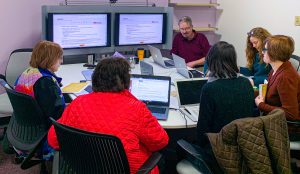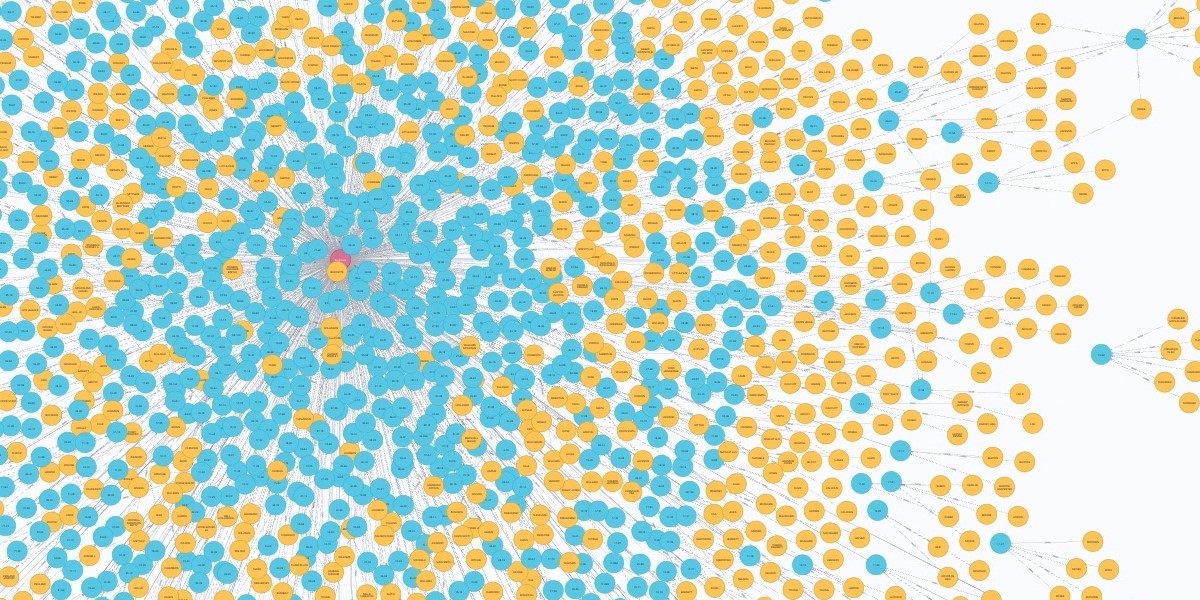Digital Curation for Information Professionals (DCIP) Non-Credit Certificate
 With information growing at a rapid pace, organizations have a critical need for digital curation professionals to manage and preserve digital assets. The Digital Curation for Information Professionals (DCIP) Certificate, offered at the UMD College of Information (INFO), is designed for individuals currently in the library, archives, or digital curation field, or who are planning to enter it, but wish to enhance their digital skills. The program, through three online courses, takes you on a journey from introductory through advanced digital curation lessons while focusing on practical applications. Please note that these courses are non-credit. Participants who complete the program receive a Certificate.
With information growing at a rapid pace, organizations have a critical need for digital curation professionals to manage and preserve digital assets. The Digital Curation for Information Professionals (DCIP) Certificate, offered at the UMD College of Information (INFO), is designed for individuals currently in the library, archives, or digital curation field, or who are planning to enter it, but wish to enhance their digital skills. The program, through three online courses, takes you on a journey from introductory through advanced digital curation lessons while focusing on practical applications. Please note that these courses are non-credit. Participants who complete the program receive a Certificate.
Would you like to learn more and connect with our program team?
Recent News

Knowledge graph for Southside owners harmed by urban renewal, by Nick de Raet
UMD Students Studying Archival Technology & AI Make Real-World Impact
July 15, 2024 | Mia K. Hinckle19 UMD students participating in AICollaboratory summer courses aid Asheville Reparations Commission
